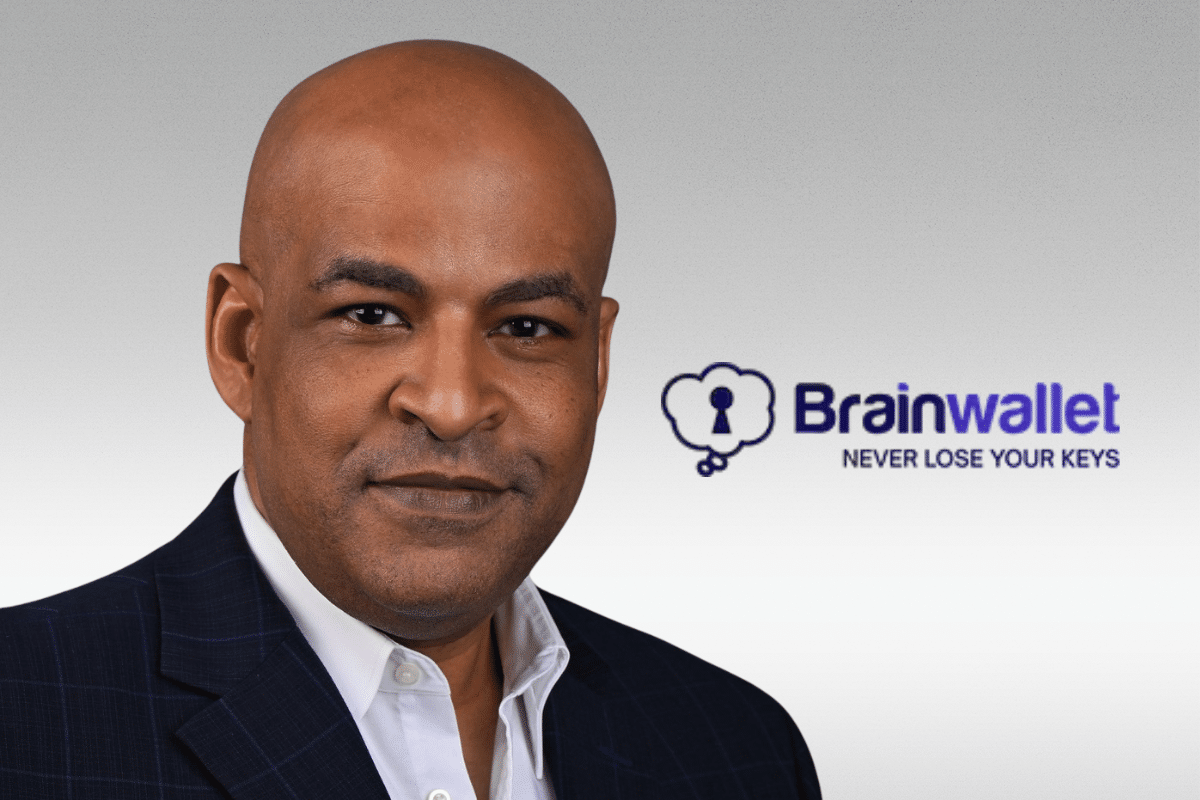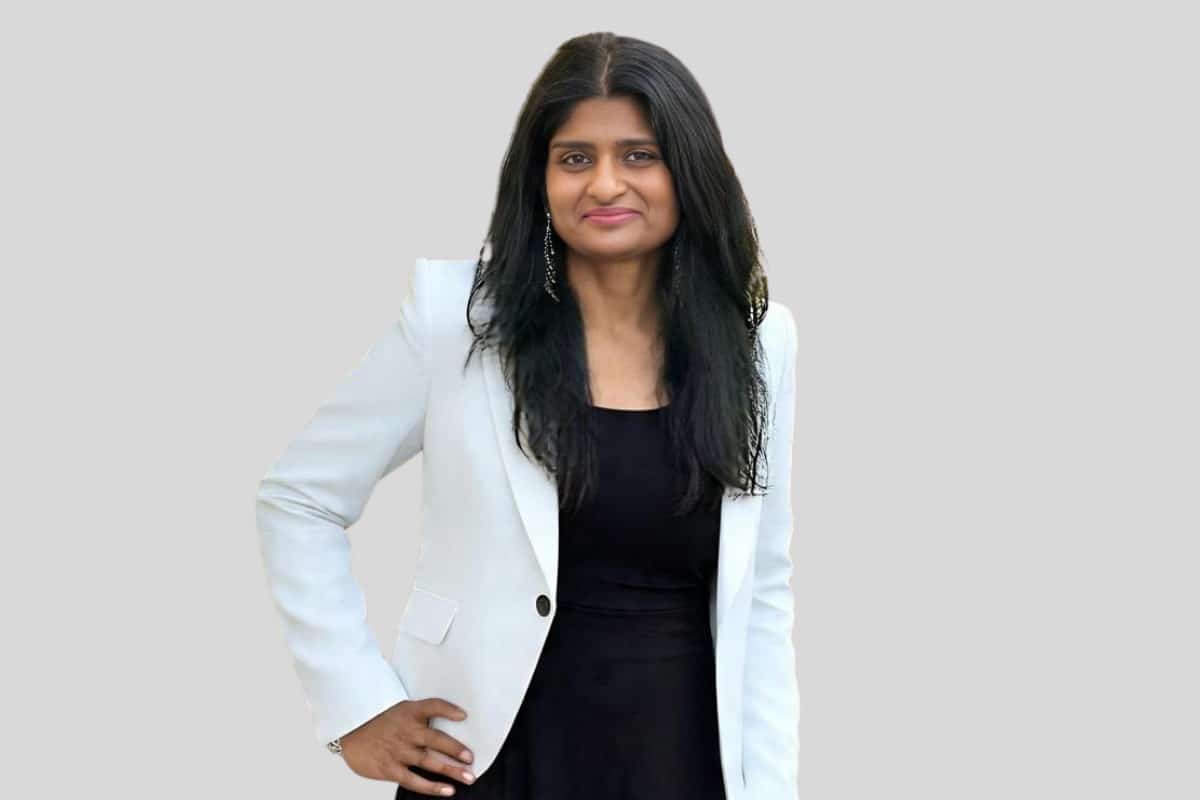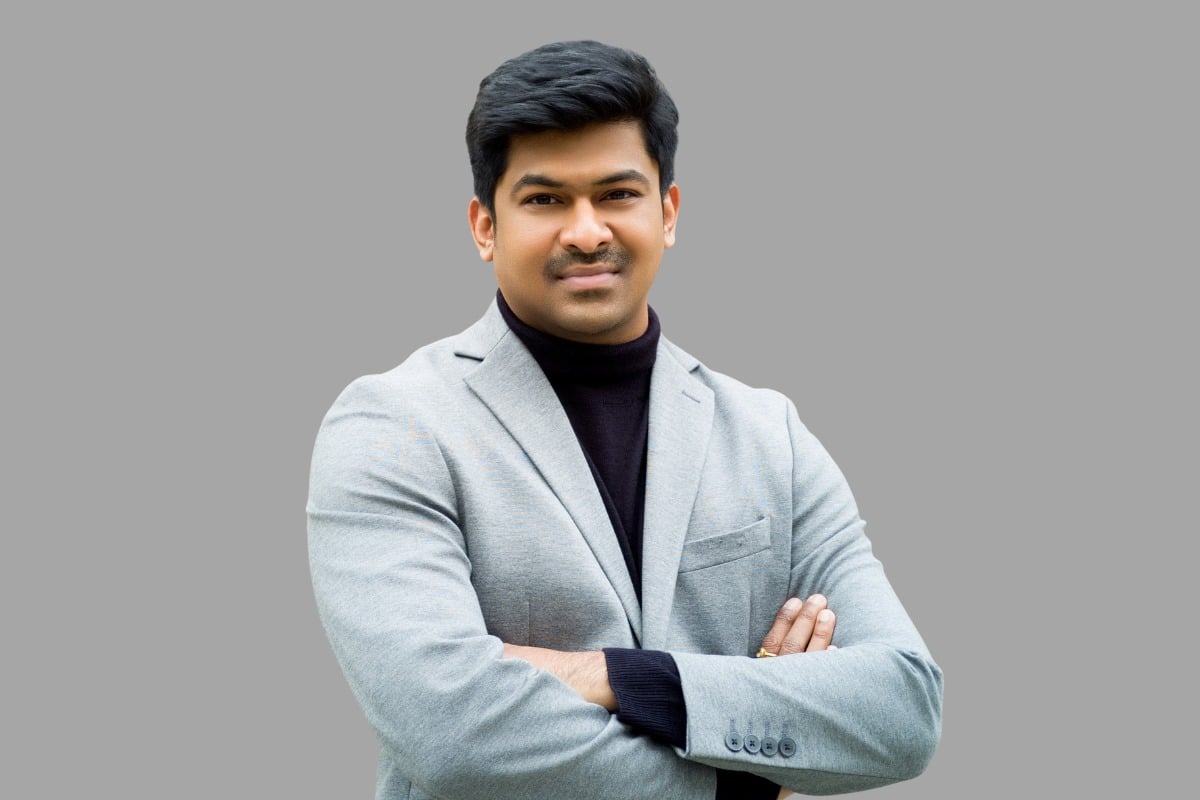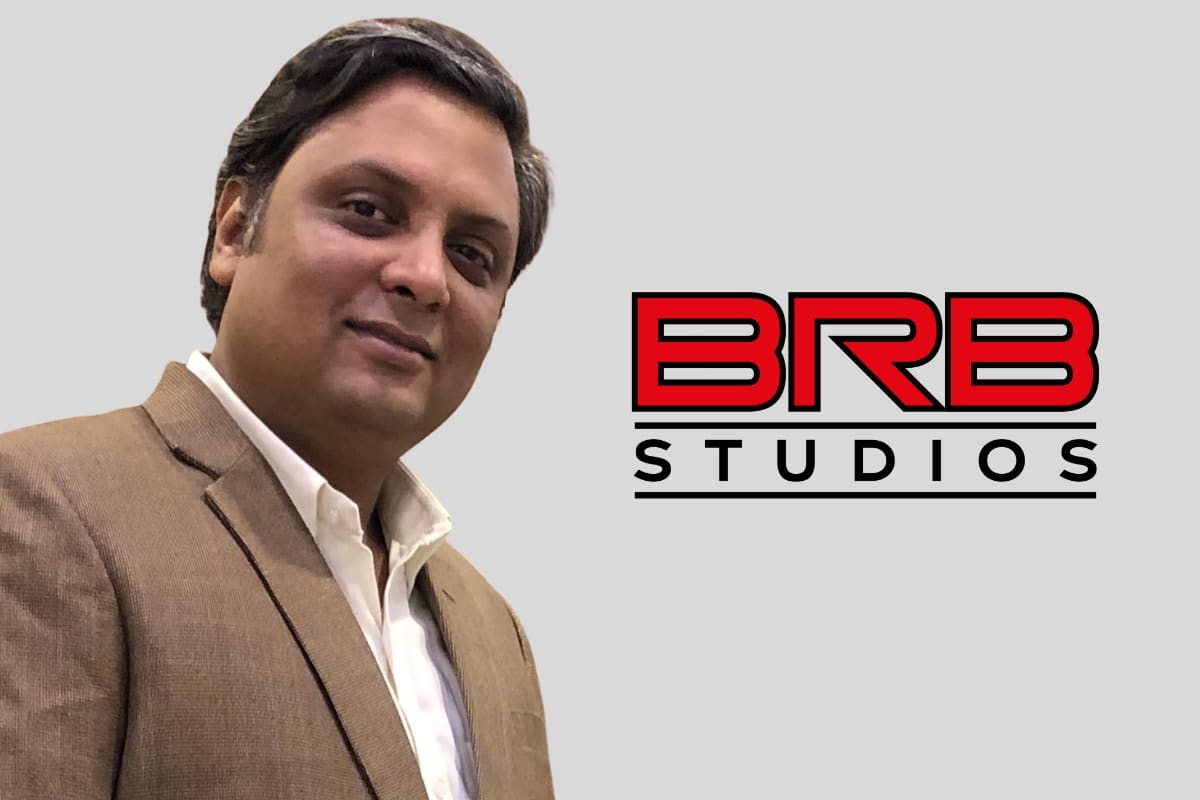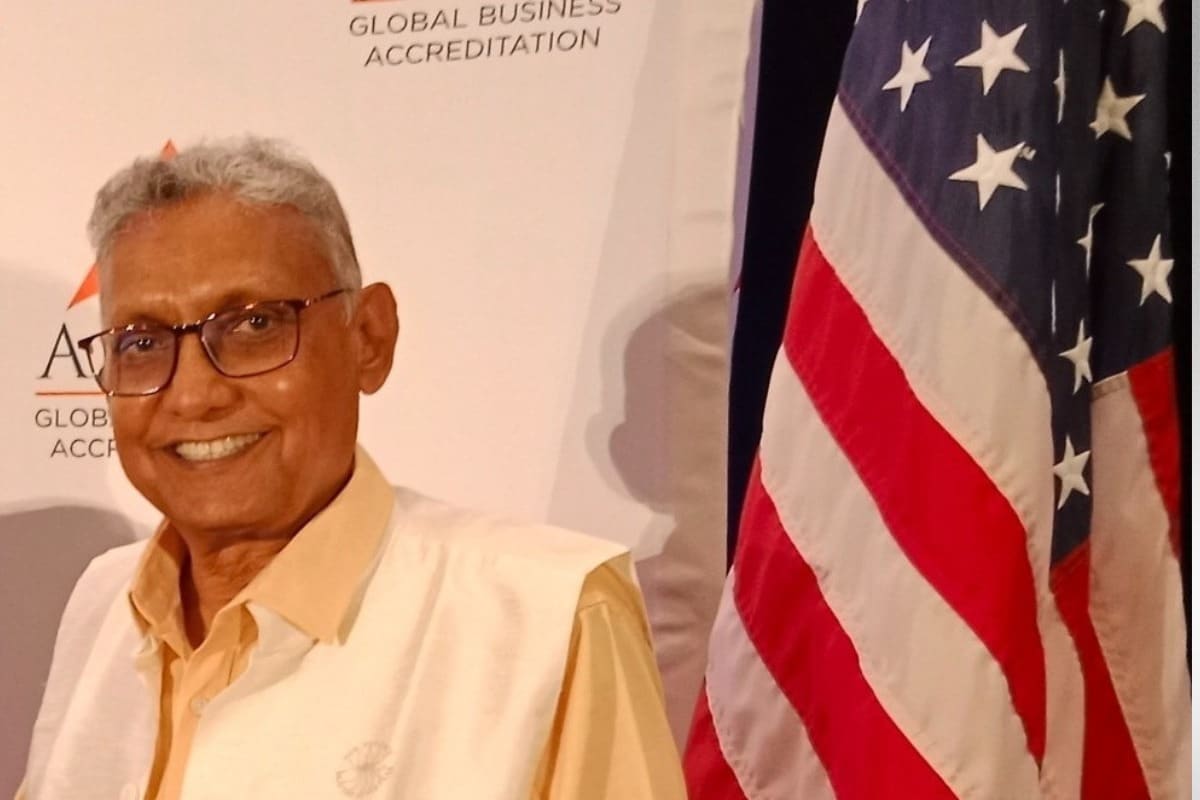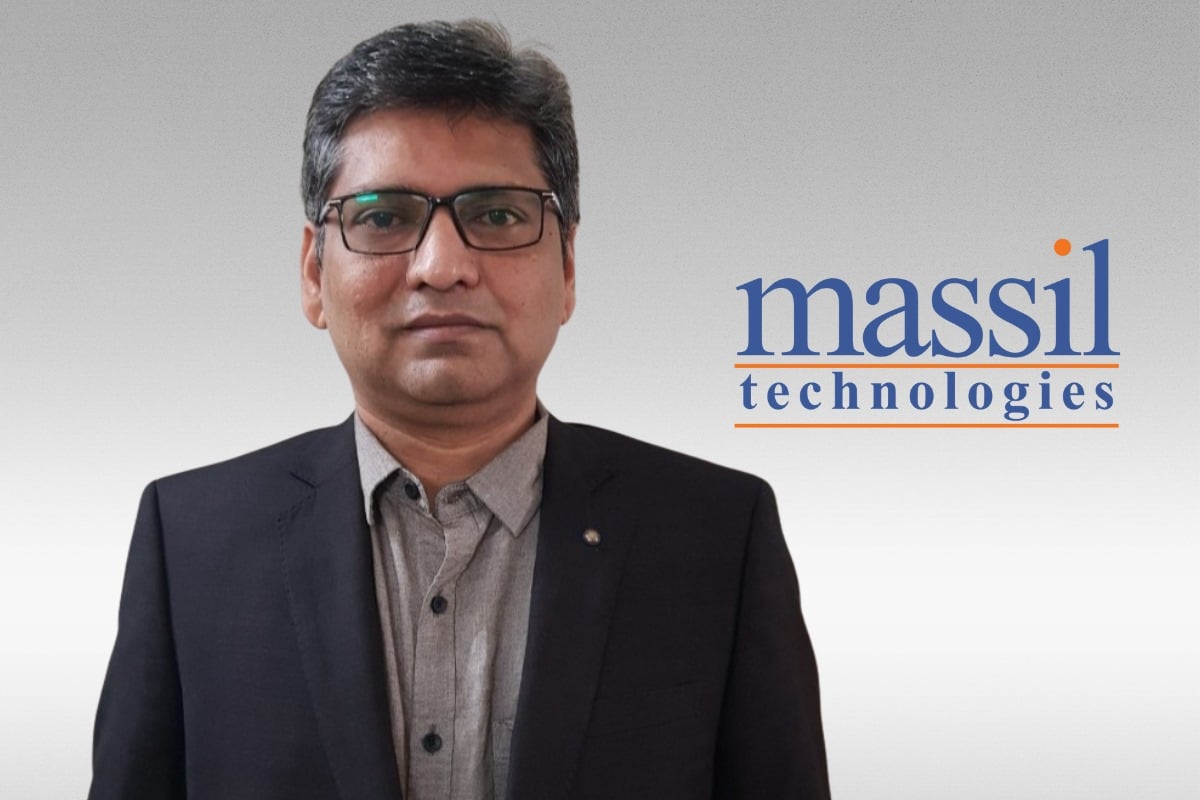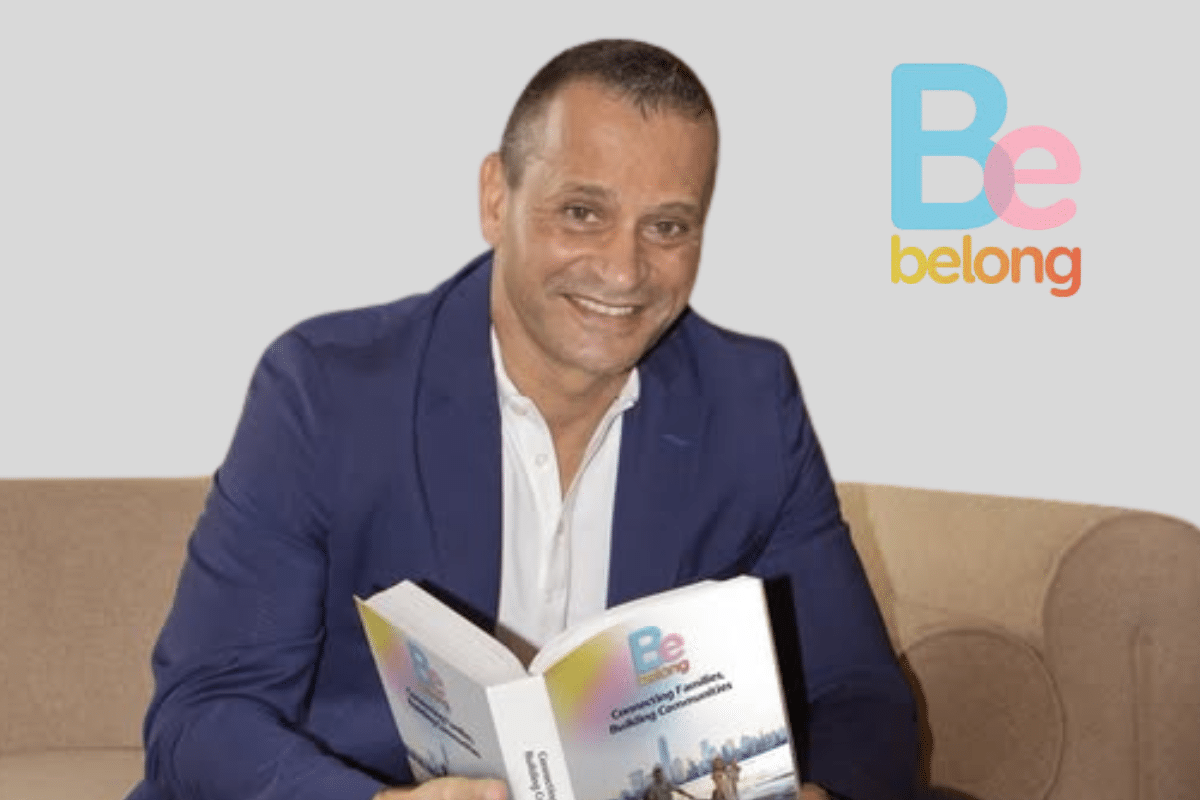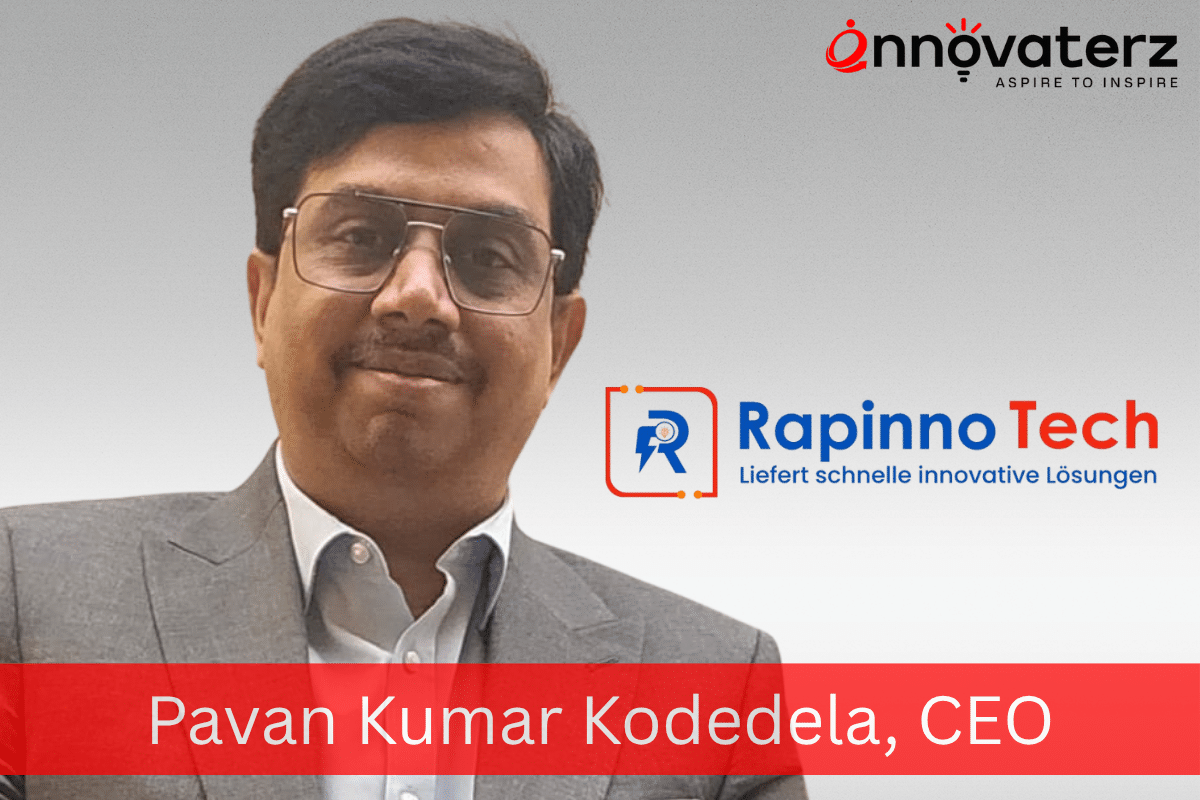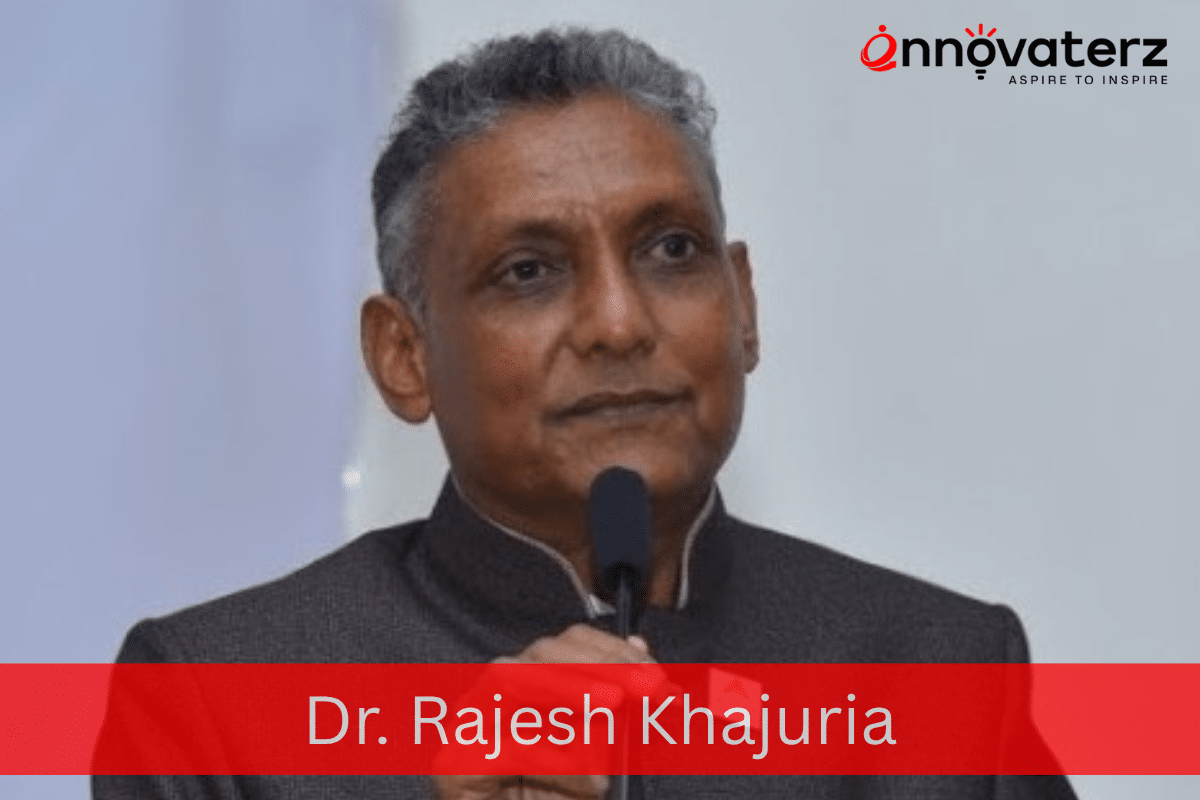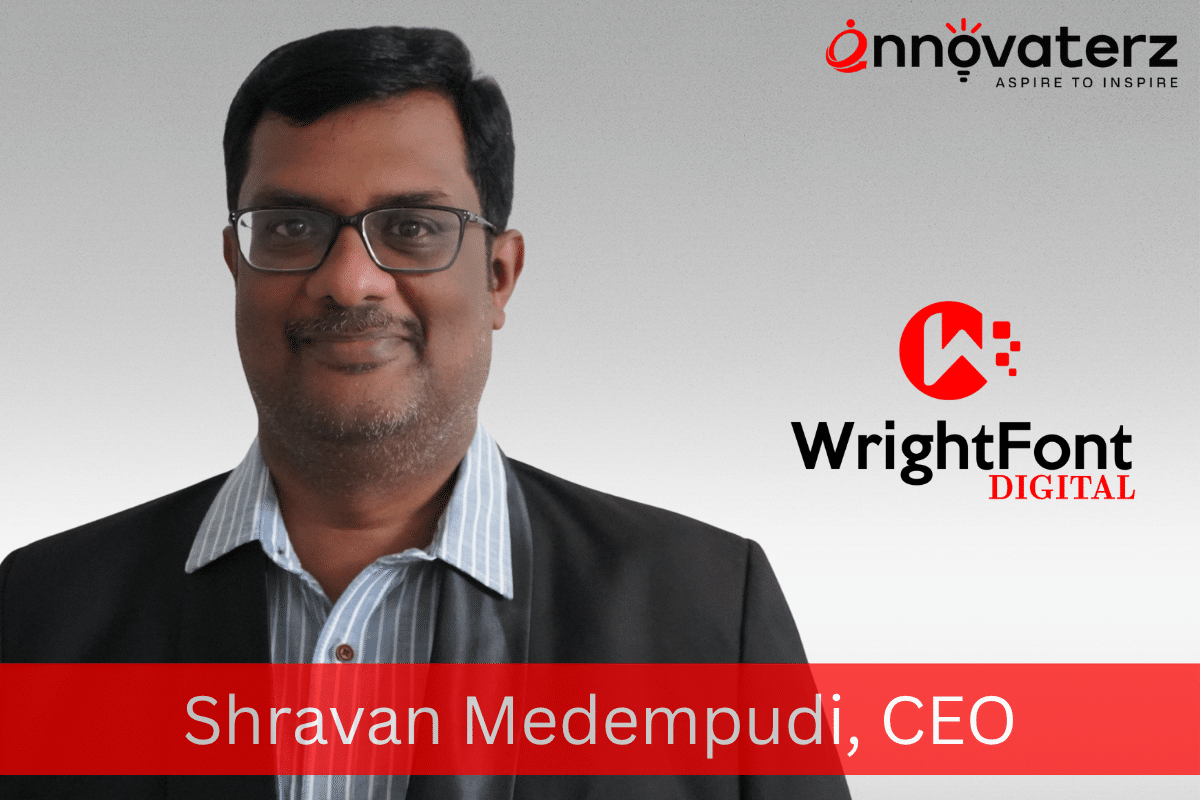Origin Story & Early Crypto Journey
What inspired the creation of Brainwallet, and how did the idea first take shape?
I joined the Litecoin Foundation in 2017 and led development on their official mobile app, Litewallet. As our user base grew, we constantly found ourselves reminding users to save and protect their 12-word seed phrases. Many would contact support in distress, asking for phrases they had lost or ignored—not realizing, by design, we couldn’t retrieve them. Unfortunately, they misunderstood their importance until it was too late.
People hate memorizing seed phrases. They feel abstract, irrelevant until disaster strikes, and completely different from how we manage every other digital account. Our research revealed 73% of users considered them “technical nonsense” rather than “keys to my money.”
In 2022, five years into the Litewallet journey, I had a revelation: people love games and hate memorization. I realized we could bridge that gap by gamifying the onboarding experience, making it more appealing to everyday users.
We already had years of credibility from maintaining the open-source wallet code that originated with Breadwallet—code that 17 other projects were using. But we were the ones truly building and evolving it.
So we brought together the best of both worlds: a secure, self-hosted Litecoin wallet and a gamified experience. We copyrighted the name “Brainwallet” in 2022, and the app officially launched in February 2025.
As the CEO of Grunt Software and the driving force behind Brainwallet, what drew you specifically to Litecoin and the world of crypto?
My background is in electrical engineering, and I served as a U.S. Army Signal Officer, where we were trained in operational security and military-grade cryptography. That training became our competitive edge. Brainwallet uses Bitcoin-level security and encryption combined with Nintendo-style fun. We’re the only wallet to pass both independent security audits and grandma usability tests.
Back in 2015, a client asked me to build a mobile app and wanted to pay me in Bitcoin. I didn’t take his advice to hold onto it—I had bills to pay. Bitcoin was $900 then. Ethereum intrigued me, but its computing requirements didn’t appeal to me. Litecoin, on the other hand, was trading at around $4 and offered the speed, low fees, and stability I needed. Living near Charlie Lee in Silicon Valley, it just felt like a perfect fit.
I began volunteering with the Litecoin Foundation, working on Litewallet (originally Loafwallet), and regularly met Charlie for lunch. It was a fantastic learning experience. The team I built there has now joined me at Grunt Software, bringing years of experience and shared vision. Today, Brainwallet is growing, revenue-generating, and available in 20 languages.
Our architecture supports multiple blockchains, but we’re strategically focused on Litecoin—for its speed (2.5-minute blocks), low transaction fees (around $0.04), and proven 14-year stability.
Which technology first sparked your passion, and which continue to inspire your work today?
No electronic toy was ever safe around me—there were always loose screws. When I was 12, a friend lent me a Commodore 64, and I spent the summer teaching myself BASIC. It came so easily to me that I didn’t even realize it was a talent.
Later, I earned an MBA from Santa Clara University, minoring in Marketing and International Finance. Today, I continue to be inspired by the ways communities use technology.
Building Brainwallet & Grunt Software
When you first started building Brainwallet, what problem were you most driven to solve?
Our initial challenge was engagement: how do we get users to actually use the app? Traditional seed phrases are hard enough to remember—emojis are even more abstract. But when combined, they became a surprisingly effective solution.
Humans retain stories and visuals six times better than abstract words. We tapped into that neuroscience to turn crypto security into something accessible. That decision serves our broader mission: making self-custody simple for everyone.
By 2026, we aim to onboard 10 million users who previously found crypto “too technical.”
iOS is known for its strict security standards—what was your experience getting Brainwallet listed on the App Store?
Having worked at iTunes before the App Store launched, I knew what we were getting into. I helped studios upload metadata and digital assets—a difficult task, even internally. So, I came into the Brainwallet launch with patience and perspective.
Our experience with Litewallet taught us a lot—App Store rejections were common. Brainwallet faced a similar path: six weeks, six rejections. But we were prepared. We worked closely with Apple, clarified our MoonPay integration, and finally got approved. We launched on the Play Store in March and the App Store in June. Now, we push beta releases weekly and have an active TestFlight community.
If you had to summarize Grunt Software’s mission in just three words, what would they be?
“Everybody gets Litecoin.”
Brainwallet gamifies crypto’s biggest pain point: seed phrase memorization. Using emoji mnemonics, we’ve achieved 3x better retention than our competitors. With 100,000 Litewallet users ready to migrate and angel investors backing us, we’re now raising $2M to scale globally.
What was life before founding Grunt Software, and what led you to start it?
Grunt Software is my fourth startup. I ran an IT consulting shop, dabbled in catering, and launched a DirectTV company called Digitcast. None turned a profit. Grunt started as a way to support our work on Litewallet, covering costs and operations.
Last year, our marketing finally paid off—we helped the Litecoin Foundation turn a profit in 2024. That traction gave us the confidence to build Brainwallet. We’re now raising a pre-seed round and ready to scale.
Who has been your biggest supporter along the way?
My wife and kids have seen every up and down. I’m deeply grateful to them. Also, Charlie Lee, I owe him a lot. We had a shared vision for Litewallet, and without his support, we wouldn’t have come this far.
Journey, Inspiration & Turning Points
Has your passion for technology always been there, or did it evolve over time?
Absolutely. I was proud to land my first engineering job working on Hughes Space Communications Satellites. Technology has always been at the core of my journey.
If technology hadn’t been your chosen path, what alternative career would you have pursued?
I went through the ROTC program at Tuskegee Institute and had aspirations of serving as an active-duty U.S. Army officer. While that didn’t happen, I led Reserve units in Los Angeles and Dublin, California. The leadership training from that experience still guides me today.
Was there a defining moment when you chose to trust your instincts, even when others had doubts?
Yes. A co-worker at Apple once casually suggested I revisit software development. That moment changed everything. I wrote my first iOS app soon after—”Teambook: Soccer”, which helped me manage my kids’ football team. I later told him he would always be the Godfather of Grunt Software.
As a tech leader, who or what inspires you the most on your journey?
Our users. Developers often assume what they build is “killer,” but real feedback cuts through the noise. Many of our users aren’t technical, yet they use Brainwallet and share what works and what doesn’t. I stay connected via Intercom and learn a ton from those conversations.
Values, Mindset & Personal Philosophy
How do you personally define success?
Honestly, for me success is all about sharing unique experiences with others. It also involves interacting with customers face-to-face and helping them gain clarity.
What does freedom mean to you?
I dream of a day when I can share our mission more widely because we still work with modest budgets. I also love travelling and storytelling and I hope to pursue more fully.
What could be that one honest piece of advice that you would give to your younger self?
Don’t sell that Bitcoin.
Vision, Legacy & Industry Impact
What do you think is your biggest achievement so far?
Undoubtedly, building the team at Grunt Software. It took me years, but I’m proud of where we are and what we’ve created together.
What keeps you motivated in this industry after all these years?
I believe the road is still long to travel. Litecoin should be valued more, and we haven’t told the right story yet. There is still a lot of work to do on that front and that’s what drives me.
How do you want to be remembered?
I want to be remembered as someone who made self-custody accessible. Someone who transformed crypto from intimidating to intuitive. A builder who combined military-grade security with playful design, and who always listened to users.

